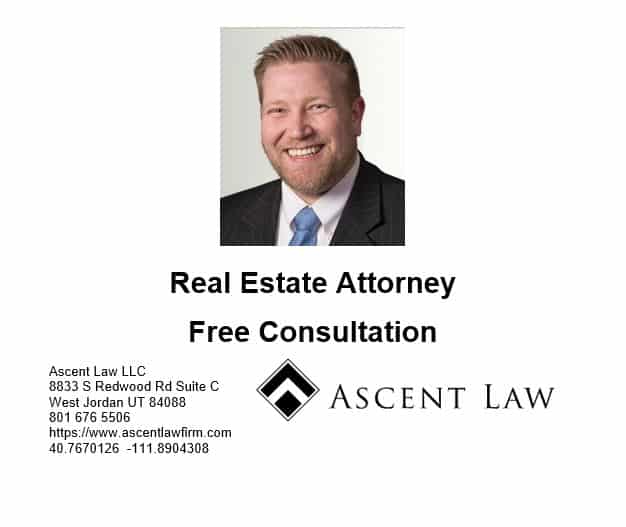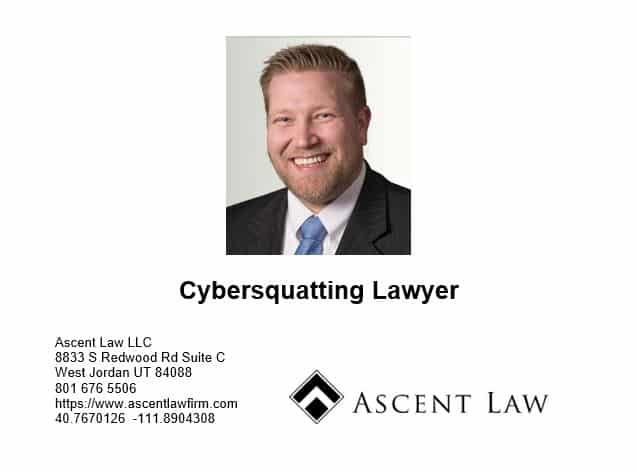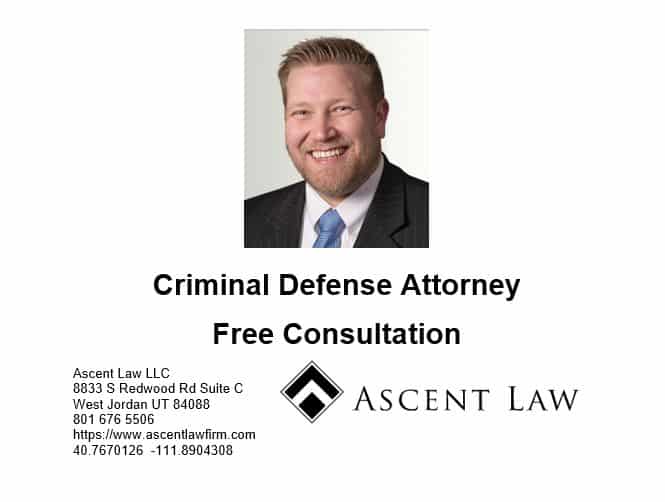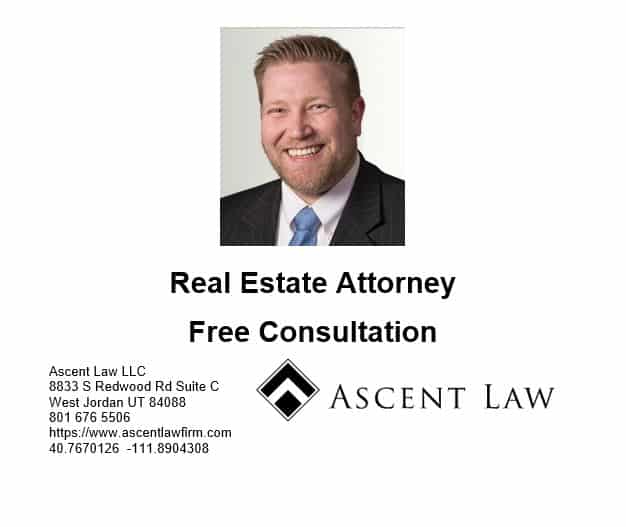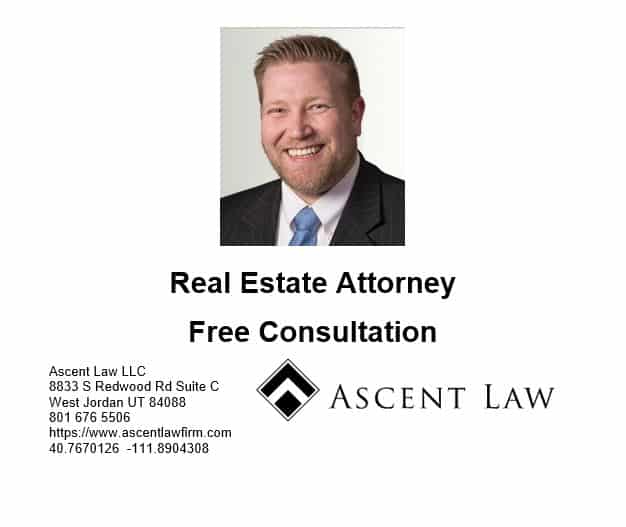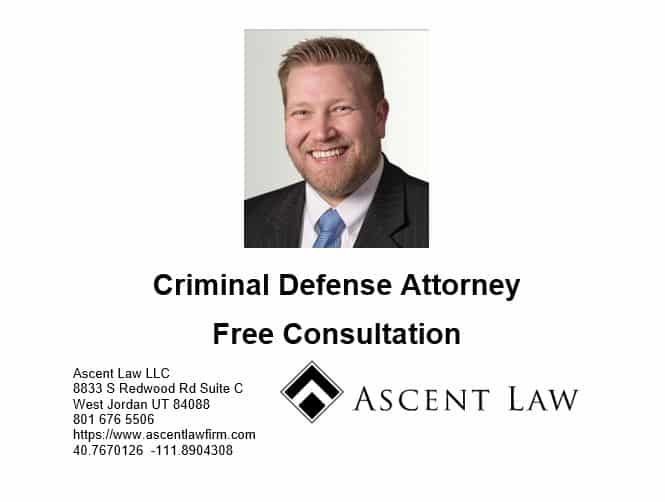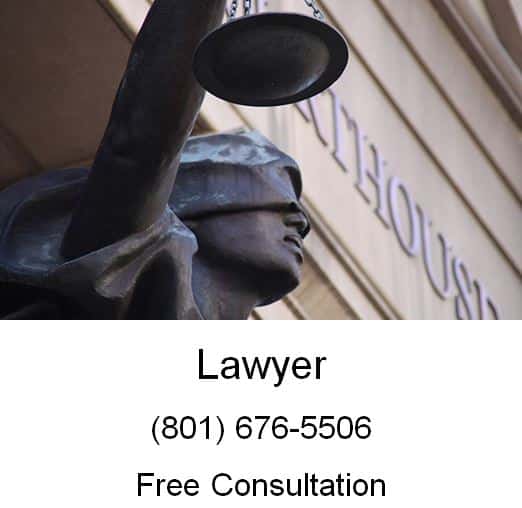
Divorce happens after a married couple does not want to be legally married and/or living together anymore; it is legally dissolving a marriage.
How Much Does A Divorce Cost In St. George, Utah?
There is a lot that goes into the divorce process. Filing for divorce costs alot in Utah, however, there is a lot more to a divorce than just a small fee.
• Mutually agreed divorce: When a couple can agree on the terms prior to them filing for divorce, the cost can be significantly lower than if they are not on agreeing terms. The average cost of a divorce when both parties already agree on all terms for the divorce can be as low as $100-$400. When they are not on agreeing terms, it can involve divorce attorneys. Most divorces are far more expensive than just a few hundred dollars.
• Having Minor Children: Filing for divorce while they are minors involved can make it more lengthy and costly. What this really means is that attorneys need to be involved in order to complete the divorce process. The average cost of a divorce according to Utah divorce law is in Utah is $13,200, including around $10,000 in attorney fees. The average hourly rate for divorce attorneys in Utah is $250, it takes on average 53 hours total work time to start and complete a divorce.
• Disputing over Alimony: Alimony is the financial legal obligation for a spouse in the event of a marriage separation or divorce. In the event of a divorce, sometimes there are disagreements over how much support one spouse is willing to provide.
• Property Division problems: When a couple files for divorce, one major component of the divorce according to Utah divorce law is the division of property. Property can be one of the most disputed issues in any divorce.
• Do-It-Yourself: Utah divorce law says that if both spouses are in full agreement to all of the terms of the divorce, then a Do-It-Yourself or DIY divorce can be an option that is much cheaper. In Utah, there are clinics that offer their DIY divorce for a price much lower than that of one that involves a divorce attorney. If a couple file for divorce and they do not have minor children, the total DIY divorce is somewhere between $1,000 and $2,000, and remember – there is the $350 +/- Utah divorce court filing fee. If a couple file for divorce with minor children, the DIY divorce can cost even more than that. Keep in minds that many who choose to undergo a divorce without professional legal help end up dealing with long-term unfortunate consequences down the road.
How Long Does A Divorce Take In St. George, Utah?
Utah divorce law says that a divorce has a minimum 90 day mandatory waiting period; this is a time where the spouses should ‘cool off’ and helps many people make rational decisions because emotions won’t be so high. Once the 90 day waiting period is over, the divorce may be completed – it will take at least 90 days to complete
What Is An Uncontested Divorce?
An uncontested divorce means that all of the aspects of your divorce have been agreed upon between you and your spouse. If you and your spouse can discuss and reach an agreement as to all the terms that you would like incorporated in your Decree of Divorce (and Parenting Plan if there are minor children), you can save your family thousands of dollars, and spare your family months if not years of litigation.
How Do I Obtain An Uncontested Divorce?
After meeting with you and collecting the necessary information, Lawyer prepares a Stipulation, that will contain all the necessary provisions that you and your spouse have agreed to, as well as all the provisions required by Utah law. After the Stipulation is signed by both parties, Lawyer will prepare all the additional documents necessary to obtain your Decree of
Divorce from the court.
Why Do I Need An Attorney If My Spouse And I Have Reached An Agreement On Our Own?
Even if you and your spouse have reached your own agreement, and/or utilized the court’s online assistance program, you should meet with an attorney to ensure that you have included all the necessary provisions in your divorce decree. Unlike most civil cases, divorce proceedings never really close. A decree of divorce can be modified if there is a substantial change of circumstances, or reopened if the parties neglect to include a necessary provision. Modifications can be extremely costly and time consuming. You want to get it right the first time. Additionally, if you have minor children you may need to include a Parenting Plan which you will have to live with, and abide by, until your youngest child reaches the age of majority. You owe it to yourself and your family to meet with an attorney to make sure you has addressed not only the issues you and your spouse are currently facing, but also the issues and contingencies that you may be faced with in the future.
What If My Divorce Becomes Contested?
Unfortunately, many couples cannot reach an agreement or stipulation on their own. If you and your spouse cannot reach an agreement, A Lawyer can represent you at our hourly rates. The majority of contested divorces eventually resolve through settlement, and very few end in trial. Utah Law dictates that before a court will hold a trial in a divorce proceeding, the parties must attempt to resolve the matter through mediation.
Do-It-Yourself Divorce (DIY Divorce)
Doing your own divorce through Utah Legal Clinic is easy and economical. The process will save you substantial money and allows you to end a marriage with minimum involvement by lawyers and the legal system. To qualify for a Do-It-Yourself Divorce, your divorce must be completely uncontested. This means you and your spouse must be in full agreement as to all terms. Many times, Utah Legal Clinic can determine quickly over the phone if you qualify for the Do-It-Yourself Divorce service. In most cases, no court hearing is required for uncontested divorces.
The Difference Between a Divorce and an Annulment
There are two options for legally leaving a marriage: divorce and annulment, and there are several similarities and differences between the two. Legally, some of the biggest differences include the type of evidence that is required to obtain an annulment vs. a divorce and the obligations to and from the former spouse with each ruling. Many religions define divorce and annulment as well, and the legal ruling does not necessarily have to align with the religious designation. The biggest difference between a divorce and an annulment is that a divorce ends a legally valid marriage, while an annulment formally declares a marriage to have been legally invalid.
Divorce: A legal dissolving, termination, and ending of a legally valid marriage. A divorce ends a legal marriage and declares the spouses to be single again. No-fault divorces, in which neither party is required to prove fault on the part of their spouse, is legal in every state, though some require that the couple live apart for a period of time before either can file. “Irreconcilable differences” is often cited as grounds for a no-fault divorce. Common grounds cited for fault divorces can include things like adultery, imprisonment, or abandonment. Regardless of type, the divorcing couples may still have disputes about property, finances, child custody, and more that must be settled through court orders. Fault divorces can lead to larger settlements for the party without fault.
Annulment: A legal ruling that erases a marriage by declaring the marriage null and void and that the union was never legally valid. However, even if the marriage is erased, the marriage records remain on file. Note that a religious annulment is not a legal dissolution of a civil marriage. There are different reasons for pursuing a divorce versus an annulment. At the core, ending a marriage is generally because one or both spouses want to leave the union. A divorce, which is much more common, is sought when the parties acknowledge that the marriage existed. An annulment is sought when one or both of the spouses believe that there was something legally invalid about the marriage in the first place. An annulment ends a marriage that at least one of the parties believes should never have taken place. If the marriage took place despite unknown facts, such as a secret child, or even a secret illness, it may be voidable. An annulment can also end a marriage if the marriage was not legal to begin with. This might occur if issues such as bigamy or incest made the marriage illegal. The legal grounds for obtaining an annulment vary between states, but typically include reasons like the following:
• One or both spouses were forced or tricked into the marriage.
• One or both spouses were not able to make a decision to marry due to a mental disability, drugs, or alcohol.
• One or both spouses were already married at the time of the marriage (bigamy).
• One or both spouses were not of legal age to marry.
• The marriage was incestuous.
• Concealment of major issues such as drug abuse or a criminal history
Length of the Marriage
Often, people assume that a very brief marriage can be ended with an annulment due to the short duration. However, legal experts disagree. While many states will not grant an annulment after a certain length of time, there is not an automatic annulment granted to end a marriage because the couple wants to end it after a short period of time. The marriage still has to meet one or more of the conditions above in order for it to be annulled.
Legal Assistance
Both types of marriage dissolution can be fairly complicated from a legal standpoint, requiring costly and lengthy legal proceedings. And both start the same way, with one or both of the spouses formally asking the court for either a divorce or an annulment. Either a divorce or an annulment can also be simple and low-cost if both parties agree to end the union without too many disputes or disagreements about how to do so.
After a Divorce or Annulment
Among the differences between the two types of marriage dissolution: After an annulment, the marriage is considered to have never legally happened. It is as if the clock is turned back to before the marriage. After a divorce, the former spouses may still have obligations to each other, such as spousal support, joint childrearing, and division of shared property.
Finances After Divorce vs. Annulment
After a divorce, spouses are often entitled to a certain number of years of spousal support, alimony, or a portion of each others’ profits or property gained during the marriage. With an annulment, in contrast, the parties are not really considered to have been valid spouses and are not entitled to these same rights. Instead, they will revert to the financial state they were in prior to the marriage.
Religious Rules
Many religions have guidelines regarding divorce and annulment. Often, permission is granted by religious clergy or by written guidelines. Obtaining permission to have an annulment or a divorce from your religious leaders is usually a completely separate process from the legal process. The rules regarding divorce and annulment in your religion often determine whether one, both or neither of the partners has permission to marry again within the religion or in a religious ceremony or to participate in religious rituals. A court of law may consider your religious marital status but does not have to recognize the religious determinations when making rulings about spousal support, property disputes, or any other legal issues.
Determining the Division of Property During a Divorce
Utah domestic courts focus on providing equality to both parties. When going through a divorce, certain assets will need to be split between both parties. Division of property in Utah can be complicated as each case is unique. Utah recognizes two types of property in a divorce case: separate property and marital property.
Separate Property
Separate property is defined as property belonging to one spouse. The property owned by the spouse is normally acquired before the marriage, or property left to that person through a will of a deceased loved one or acquaintance.
Marital Property
Marital property is deemed as property acquired during the marriage. Both parties may or may not be on the deed to the property together, however the property is normally paid for during the marriage. The courts will consider several factors when determining how to divide property including:
• The amount and type of property to be divided
• Source of the property
• Health of both parties
• Standard of living for both parties
• Financial conditions of both parties
• Needs of both parties
• The earning capacities of both parties
• Duration of the marriage
• What both parties gave up in the marriage
The division of property is related to the amount of alimony awarded. The court will consider all these factors as they make the ruling on which spouses get to keep different property. If there is a large discrepancy in the incomes of the two spouses, the court often sides with the lesser-earning party by awarding them with more marital assets.
Debt and Divorce
Marital debt is split during the divorce. Something that is not discussed is the role of the debtor in the new arrangement. Even if the debt is joined and your spouse agrees to pay for it, your credit can still be hurt if they fail to make payments. If your spouse incurred debt you were unaware of, you can be legally responsible for this debt as it is deemed joint debt. To protect you financially, Lawyer focus on full disclosure during settlement negotiations by requiring both parties to list all debtors, account numbers, and current amount of debt.
St. George Utah Divorce Lawyer
When you need a divorce in St. George Utah, please call Ascent Law LLC for your free consultation (801) 676-5506. We want to help you.
8833 S. Redwood Road, Suite C
West Jordan, Utah
84088 United States
Telephone: (801) 676-5506
Recent Posts
Utah Criminall Code 76-5-102.6
Corporate Lawyer Herriman Utah
{
“@context”: “http://schema.org/”,
“@type”: “Product”,
“name”: “ascentlawfirm”,
“description”: “Ascent Law helps you in divorce, bankruptcy, probate, business or criminal cases in Utah, call 801-676-5506 for a free consultation today. We want to help you.
“,
“brand”: {
“@type”: “Thing”,
“name”: “ascentlawfirm”
},
“aggregateRating”: {
“@type”: “AggregateRating”,
“ratingValue”: “4.9”,
“ratingCount”: “118”
},
“offers”: {
“@type”: “Offer”,
“priceCurrency”: “USD”
}
}
Ascent Law St. George Utah Office
Ascent Law Ogden Utah Office
The post Divorce St. George first appeared on Michael Anderson.

